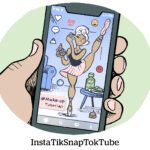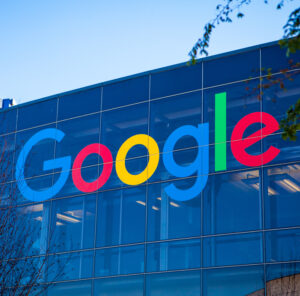Verve Group, the ad tech subsidiary of German ad software holding company MGI, has struck again with the acquisition of mobile DSP Dataseat.
The companies declined to share a price for the deal, which was announced on Tuesday, but all 25 of Dataseat’s employees, including co-founders David Philippson and Paul Hayton, will join Verve Group, which hired around 100 people during the first half of this year. Its total headcount now stands at more than 450.
The rationale behind the acquisition is simple, said Ionut Ciobotaru, co-CEO of Verve Group. It’s a privacy thing.
“We’ve been investing in privacy for a while now, from ATOM to Beemray,” Ciobotaru said, referring first to Verve Group’s homegrown “Anonymous Targeting on Mobile” solution, which uses on-device data to create cohorts rather than relying on identity-based targeting. Beemray is a contextual targeting company Verve Group acquired last year.
“The future is less about identity and more about group measurement,” Ciobotaru said.
Dataseat, which is based in London and was founded in 2019, positions itself as a facilitator of sorts. Developers can use its technology to bring parts of their mobile programmatic buying in-house and get more transparency into the overall process.
Rather than device IDs and behavioral data, Dataseat taps into a mix of contextual signals, such as time, location and developer first-party data to power machine learning models that inform the custom bidding logic.
“We do what advertising should have been or, really, what advertising already was,” Philippson said. “Why did BMW advertise on The Guardian? Because contextually it’s a good fit.”
The ‘last missing piece’
Dataseat fits snugly into Verve Group’s existing portfolio, Ciobotaru said.
MGI has been on an ad tech acquisition spree since it took over Verve, a mobile location data company, in 2020. It co-opted the name for the new Verve Group division, which now houses MGI’s mobile ad-tech-focused assets, including user acquisition platform AppLift, mobile SSPs PubNative and Smaato, programmatic ad platform Match2One, the aforementioned Beemray and video ad platform LKQD, which Verve Group bought from Nexstar Digital early last year.
Including Dataseat, there are now nine companies under the Verve Group umbrella. Dataseat is the “last missing piece,” Ciobotaru said – for the moment, at least.
“We now have a lot of work to do to scale the data sets and our systems and to bring it together with our current assets,” he said. “Of course, there are other things, like measurement and creative, that are interesting to us, but we see them more as nice-to-haves. We are now arguably complete.”
Better together
Part of what appealed to Philippson about becoming part of Verve Group is access to a large SDK install base. The companies within Verve Group have their respective SDKs integrated across more than 4,000 publishers and apps globally.
Mobile DSPs are increasingly prodding publishers to integrate their SDK because they realize that, in a privacy-first world, direct access is a strategic advantage that directly affects performance, Philippson said.
“It used to be that whoever had the most data would win even if they had suboptimal creative, because you knew exactly what a person likes, so the creative didn’t matter as much,” he said. “But if you don’t know anything about the individual, creative becomes very important, and if you have control of the SDK you have ultimate control over the creative.”
Philippson also said he wants Dataseat to maintain a measure of independence; Dataseat will operate independently and will still serve the app market at large, rather than one large publisher.
There’s been a trend recently of big gaming studios, publishers or platforms buying ad tech of their own: Zynga with Chartboost, Twitter with CrossInstall and Huuuge with Playable Platform.
“If we were to join a gaming company, they would want it all for themselves and that wouldn’t have suited us because it wouldn’t have suited our clients,” Philippson said. “My addressable market is gaming and other app-first developers, and we want to continue a transparent value proposition of driving performance for them.”















